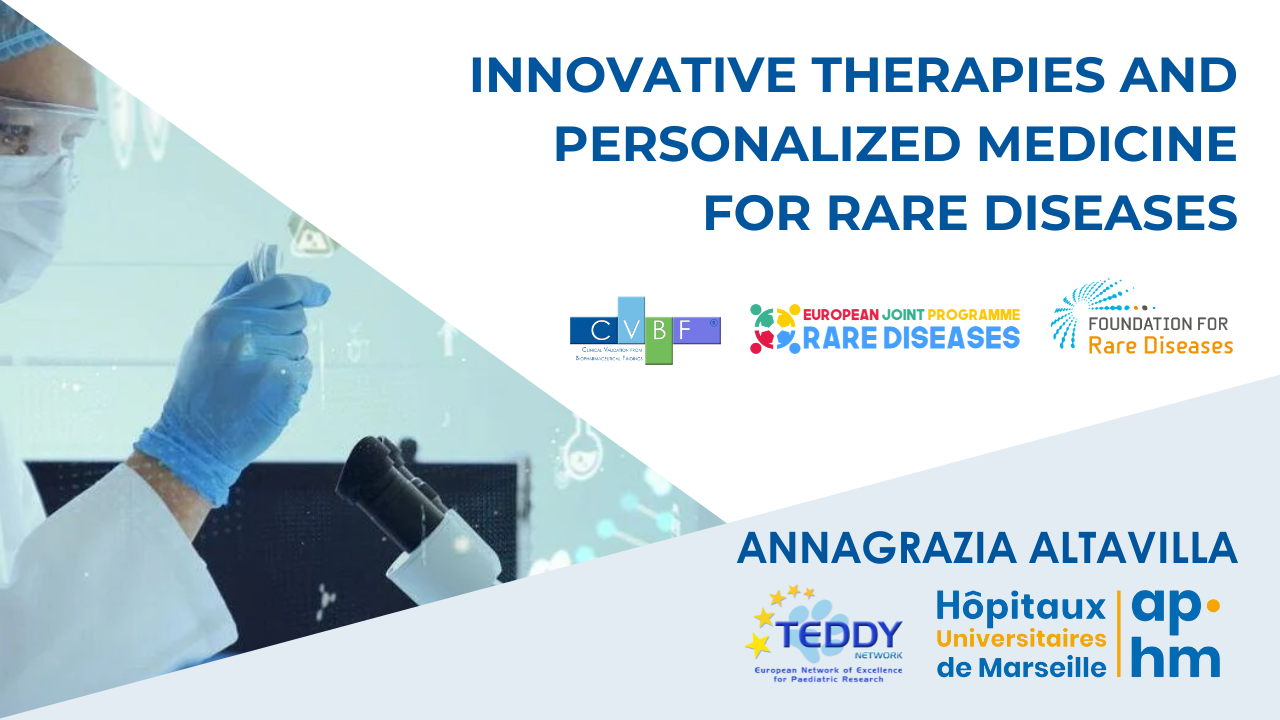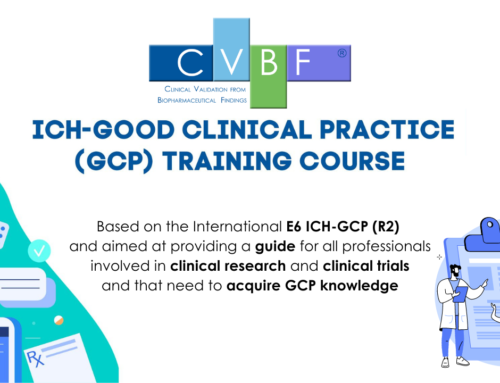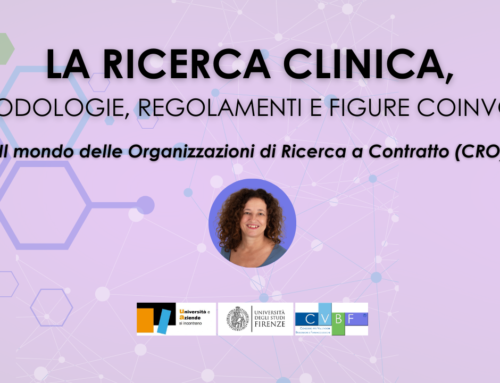The European Joint Programme on Rare Diseases (EJP RD) “Innovative Therapies and Personalized Medicine for Rare Disease” Massive Open Online Course (MOOC), led by CVBF, has received a valuable contribution from Dr. Annagrazia Altavilla, responsible of International Relations of Espace Éthique Méditerranéen/PACA Corse (AP-HM/AixMarseille University – France), and past Chair of the TEDDY Network of Excellence.
Dr. Altavilla shed light on the evolving ethical and legal landscape surrounding the reuse and sharing of personal data for rare disease research. Drawing on her expertise in medical ethics and the General Data Protection Regulation (GDPR), the comprehensive analysis explores the nuances of balancing patient privacy with the need for data-driven innovation.
The contribution identifies several critical challenges introduced by the GDPR, including the clarification needed for the use of “broad consent” and the implementation of organizational safeguards at the national level to mitigate the risk of inequalities. Particularly noteworthy is the emphasis on moving beyond simplistic notions of consent toward a more holistic governance framework that involves all stakeholders, including patient representatives.
A key highlight is the examination of the various legal mechanisms available for international data sharing, such as adequacy decisions, codes of conduct, and explicit data subject consent. Dr. Altavilla’s analysis underscores the need for tailored approaches that account for the unique circumstances of rare disease research, where patient populations are small and global collaboration is essential.
The analysis concludes that successful implementation of personalized medicine approaches for rare diseases requires a coordinated effort across all stakeholders, supported by competent and independent oversight bodies with multidisciplinary expertise. This collaborative framework is crucial to ensuring the ethical and secure leveraging of personal data to drive innovation while protecting the fundamental rights and interests of rare disease patients.




